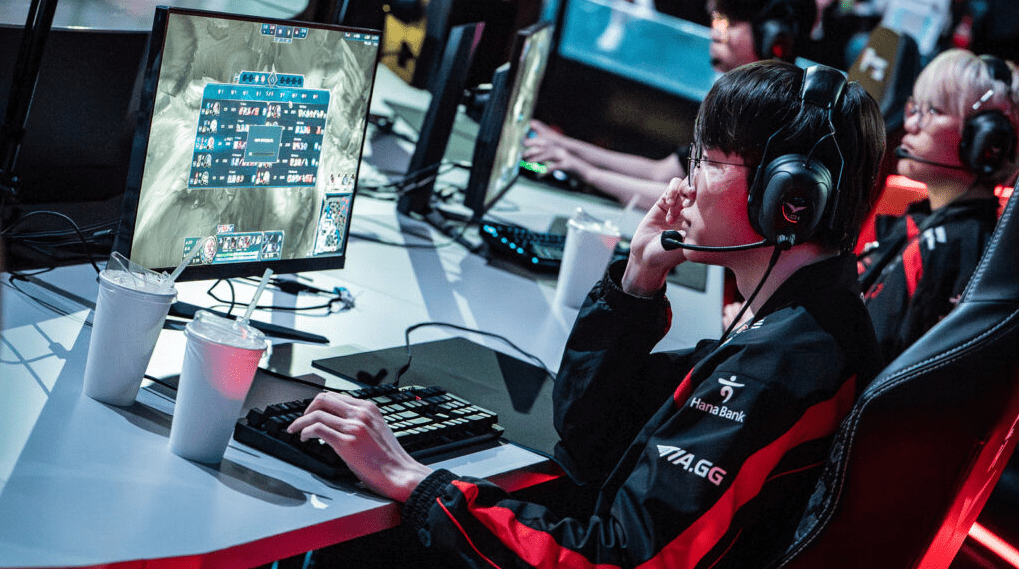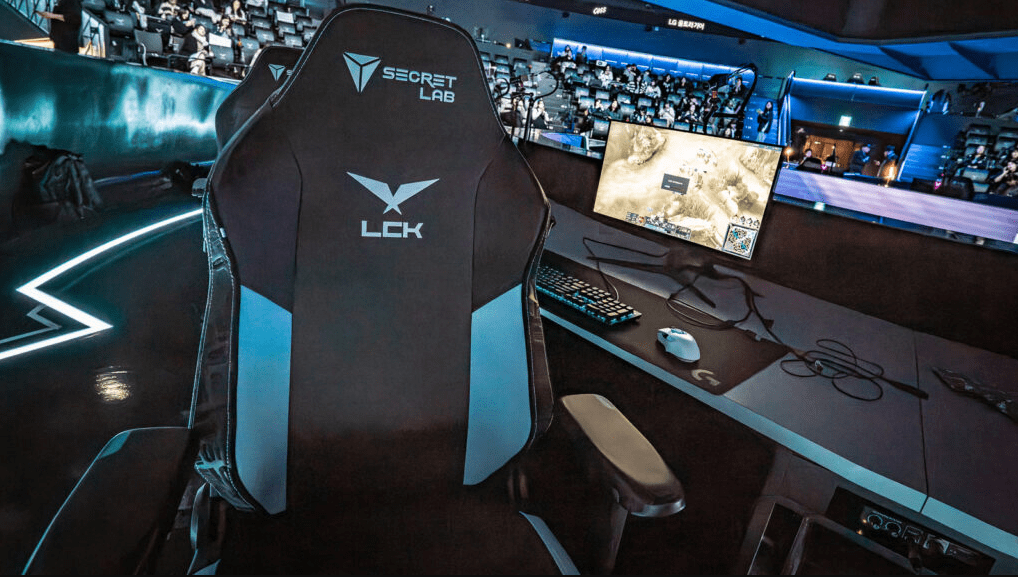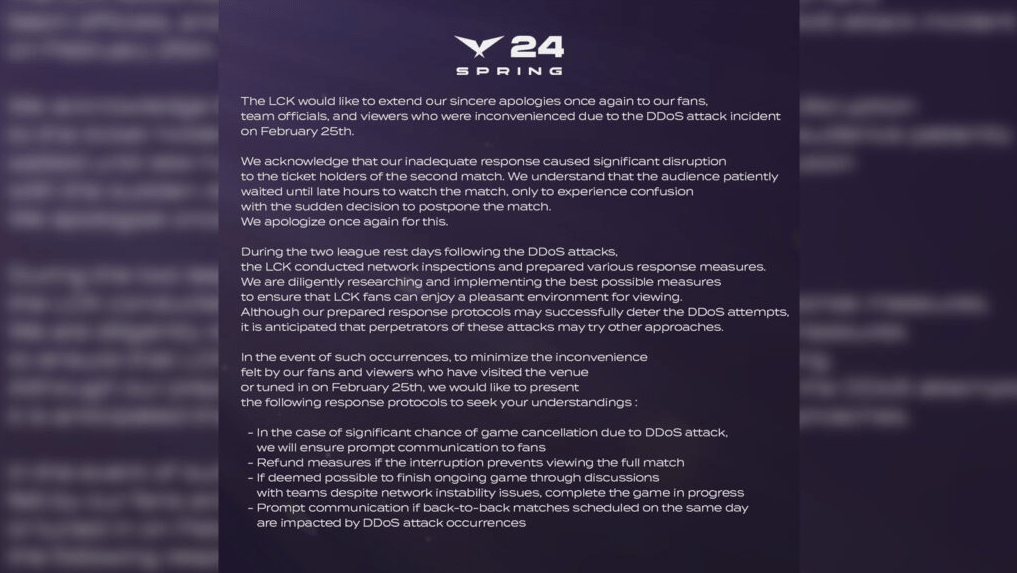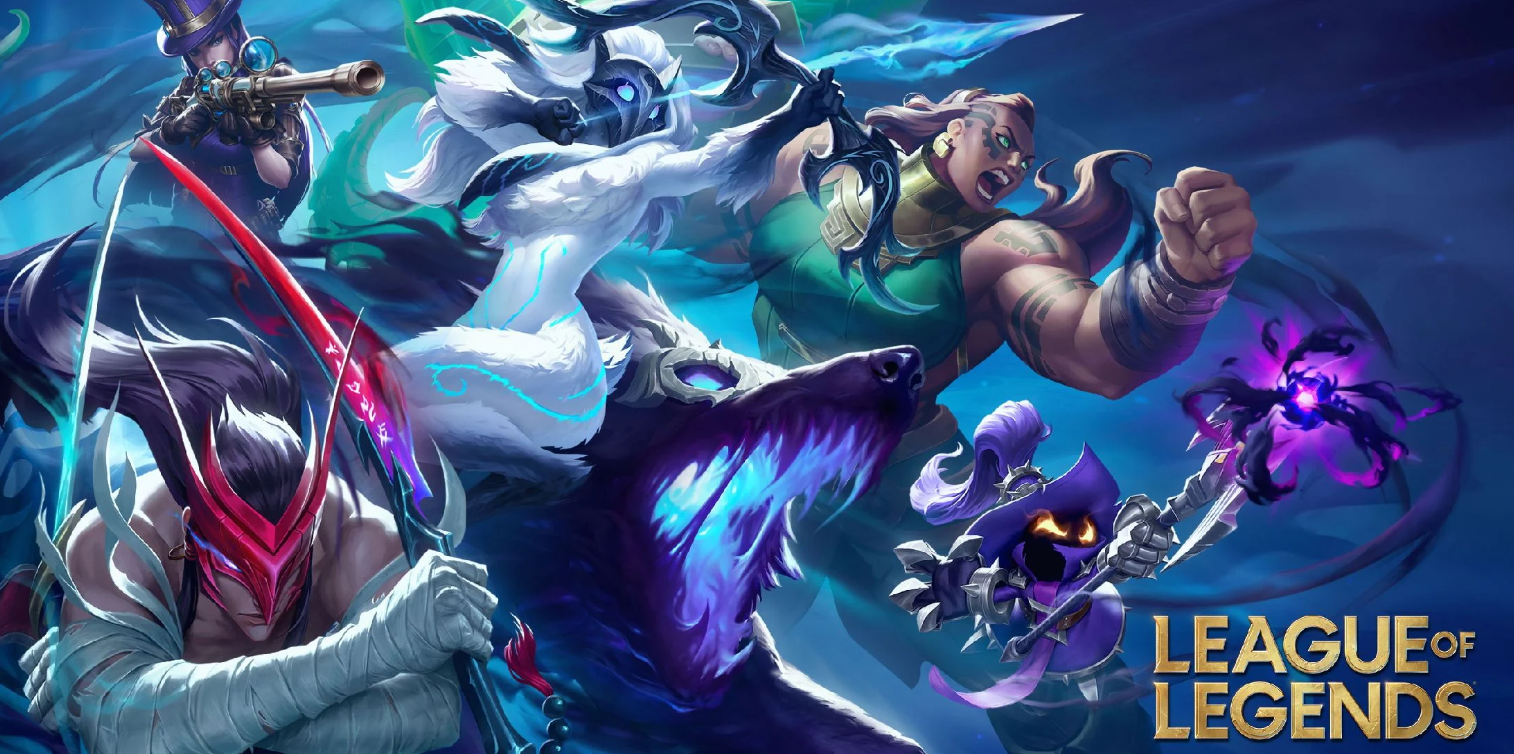Hackers Launch Multiple DDoS Attacks on LCK Spring 2024, Resulting in Significant Alterations to Broadcast

The ongoing LCK Spring 2024 season has been marred by a series of disruptive events caused by relentless DDoS attacks. These attacks have resulted in persistent ping issues, creating significant obstacles for players, fans, and organizers alike. The disruptions caused by the DDoS attacks have forced extended technical pauses during matches, frustrating players who are unable to perform at their best and disappointing fans who eagerly await the outcome of each game. The online and on-site experiences have been severely impacted, as the interruptions have disrupted the flow of the matches and hindered the overall enjoyment of the games.
To mitigate the effects of these attacks, the LCK organizers have been forced to make difficult decisions. Numerous matches have been postponed to ensure fair gameplay and maintain the integrity of the competition. In order to provide fans with some form of content, the organizers have resorted to broadcasting pre-recorded matches, which, although not live, still offer a glimpse into the thrilling moments of the season.
Table of Contents
DDoS Attacks Cause Prolonged Technical Pauses, Match Delays, and Postponements in LCK Spring 2024
On February 25, 2024, the LCK Spring 2024 season was thrown into chaos as a series of relentless DDoS attacks disrupted the matches. The impact was felt during the highly anticipated clashes between DRX and Dplus KIA, as well as OKSavingsBank BRION and Kwangdong Freecs. The attacks caused unexpected and prolonged technical pauses, far exceeding the usual duration of a best-of-three series. What was anticipated to be a one and a half to two-hour showdown stretched into an exhausting six-hour ordeal, frustrating both the players and the eager fans. During the DRX versus Dplus KIA match, the situation escalated when Dplus KIA’s top laner, Hwang “Kingen” Seong-hoon, suddenly disconnected from the game. This triggered a surge in ping for the DRX players, further exacerbating the challenges faced by both teams.
To prevent further disruptions, the matches involving OKSavingsBank BRION and Kwangdong Freecs had to be rescheduled and conducted online. It was a necessary but disappointing decision, as the electric atmosphere of live competition had to be sacrificed in favor of maintaining fairness and stability. With teams competing from the comfort of their accommodations, the matches were broadcasted using pre-recorded material. However, even with rigorous network inspections and diligent response measures implemented by LCK management during the league’s subsequent rest days, the DDoS attacks persisted, casting a shadow of uncertainty over the broadcasts.
One notable consequence of the disruptions was the postponement of the highly anticipated T1 versus FearX series. Fans were left disappointed as they had to settle for pre-recorded games, which were broadcasted in the early hours of February 29, 2024, to accommodate the unforeseen circumstances. In an effort to mitigate the continuous onslaught of DDoS attacks, LCK management made the difficult decision to switch to pre-recorded matches for the remainder of Week 6. This proactive measure aimed to minimize the impact on the teams, the fans, and the overall integrity of the competition.
Acknowledging the inconvenience caused to the loyal fans, full refunds were provided to the ticket holders of the affected matches. Furthermore, ticket sales were temporarily halted until a more stable and secure environment could be ensured. As the LCK community endured the turmoil brought about by these malicious attacks, a sense of unity and resilience prevailed. Players continued to adapt and train, striving to deliver their best performances despite the challenging circumstances. Fans remained steadfast in their support, eagerly anticipating the rescheduled matches and cherishing the moments of excitement that the LCK Spring 2024 season had to offer, even if it meant experiencing it through altered means.
The authorities diligently worked behind the scenes to identify and rectify the security vulnerabilities that had allowed these disruptions to occur. The hope was that with their efforts, the specter of DDoS attacks would be vanquished, and the LCK could once again thrive in an environment free from such threats. Until that day arrived, the LCK community stood strong, united in their love for the game and their unwavering determination to overcome adversity.
What are DDoS attacks in esports?
DDoS (Distributed Denial of Service) attacks are a malicious tactic employed by individuals or groups to disrupt the normal functioning of websites or online services. These attacks involve flooding the targeted platform with an overwhelming amount of traffic, effectively overwhelming its capacity to handle legitimate user requests. The result is a significant degradation in performance, with the website or service becoming slow, unresponsive, or even completely inaccessible. In the context of online esports matches, DDoS attacks can have a devastating impact. The attackers specifically target the game server or the internet connections of the players participating in the match. By flooding these channels with a barrage of fake or malicious traffic, the attackers aim to disrupt the gameplay and create an unfair advantage for one side. This can manifest in various ways, including severe lag, connection drops, or even the complete interruption of the match.
The consequences of DDoS attacks in esports matches are far-reaching. Not only do they disrupt the experience for the players involved, but they also negatively affect the viewing experience for the audience. Imagine the frustration of witnessing a highly anticipated match, only for it to be marred by constant interruptions and technical difficulties. The excitement and momentum built up during the gameplay can quickly dissipate, leaving both players and viewers feeling disappointed and cheated out of a fair competition. To address the issue, esports organizations and tournament organizers invest significant resources in implementing robust security measures. These include deploying advanced network infrastructure, employing traffic analysis tools, and working closely with internet service providers to identify and mitigate DDoS attacks promptly. Additionally, players are often advised to take precautions, such as using virtual private networks (VPNs) or employing anti-DDoS services, to safeguard their internet connections during matches.
Despite these measures, DDoS attacks in esports continue to pose a significant challenge. Attackers are constantly evolving their techniques, finding new ways to exploit vulnerabilities and carry out disruptive attacks. This ongoing battle between esports organizations and malicious actors highlights the importance of continuous vigilance, collaboration, and innovation in the realm of esports security. In the face of DDoS attacks, the esports community demonstrates resilience and determination. Players and teams persevere, adapting to the challenges posed by such attacks and striving to deliver their best performances despite the disruptions. Fans, too, show unwavering support, understanding the complexities involved and standing by their favorite teams during these trying times.
Ultimately, the fight against DDoS attacks in esports is an ongoing endeavor. It requires the collective efforts of esports organizations, players, fans, and security experts to stay one step ahead of the attackers and ensure a fair and enjoyable competitive environment for everyone involved.




